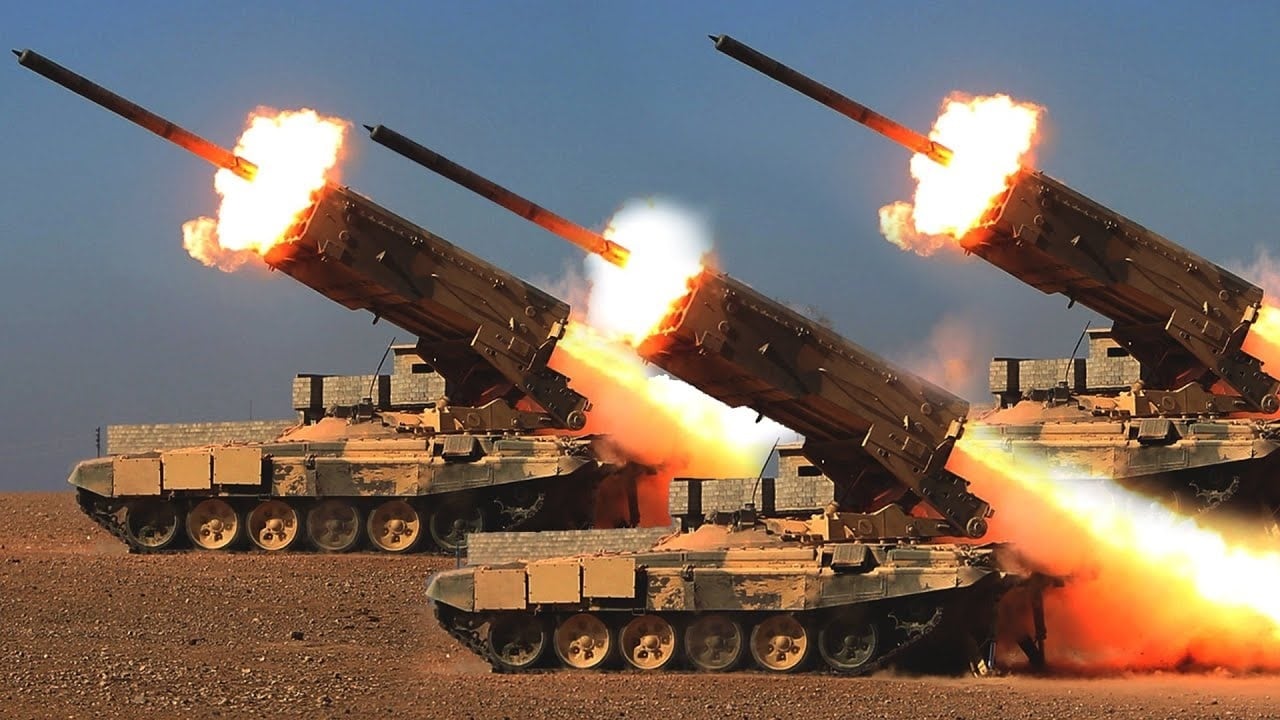Russia, home to troll farms, and hackers that have launched cyber attacks against Western infrastructure is now having the tables turned on it and has now warned that these attacks could lead to a direct military clash.
Russia’s Foreign Ministry said that critical infrastructure and state institutions were being hit by cyberattacks and blamed the United States as well as Ukraine for the attacks.
“Rest assured, Russia will not leave aggressive actions unanswered,” the ministry said. “All our steps will be measured, targeted, in accordance with our legislation and international law.”
The foreign ministry’s head of international information security said that Washington was “deliberately lowering the threshold for the combat use” of IT. However, the ministry ignored that just prior to the Russian invasion of Ukraine, Russian hackers working for the GRU, attacked critical satellite communications inside of Ukraine.
Josep Borrell Fontelles, the High Representative of the European Union for Foreign Affairs and Security Policy said about the attack, “Cyberattacks targeting Ukraine, including against critical infrastructure, could spill over into other countries and cause systemic effects putting the security of Europe’s citizens at risk.”
Russian hackers were responsible for the hacking of the Democratic National Convention in 2016, another attack a year later called NotPetya which spread from
Ukraine to the major shipping company Maersk, the 2021 hack of the Colonial Pipeline, and many others. But yet now when the tables are turned on them, the Russians are crying wolf.
Russia is upset because over the weekend Russia’s housing ministry website was hacked, and an internet search for the site redirected users to a “Glory to Ukraine” sign in Ukrainian. “The militarization of the information space by the West, and attempts to turn it into an arena of interstate confrontation, have greatly increased the threat of a direct military clash with unpredictable consequences,” the foreign ministry said.
US Running Offensive Cyber Operations:
The United States has been mostly passive in regards to cyber attacks committed by Russia, but since the war in Ukraine began, the focus has shifted to a more offensive approach.
In a surprising announcement, Army Gen. Paul Nakasone, who is the head of the National Security Agency (NSA), as well as the chief of the Pentagon’s digital branch, the U.S Cyber Command recently said, “We’ve conducted a series of operations across the full spectrum: offensive, defensive, and information operations,” Nakasone said in an interview with Sky News.
“My job is to provide a series of options to the secretary of defense and the president, and so that’s what I do.”
The US didn’t begin this recent spate of cyber attacks, the Russians did. Microsoft head of customer security and trust Tom Burt said that Russia had been attacking Ukrainian infrastructure for years, attempting to test out their cyber tactics.
“So it’s commonly believed that the invasion of Ukraine started on February 24th. But from our viewpoint, it really started on February 23rd, about 10 hours before the missiles were launched and the tanks rolled across the border,” Burt said. “There was a huge wiper attack across 300 different systems in government agencies and private sector companies in Ukraine.”
Russian hackers tried to disrupt Ukraine’s internet, media outlets, national railway system, as well as energy and nuclear power facilities.
And with the tables turned on them, Russian President Vladimir Putin has called on Russia to increase their own cyber defenses. “Already today we can say that cyber aggression against us, as well as in general the sanctions attack on Russia, have failed,” Putin said, despite evidence that several of the hacks against Russia would have appeared successful.
Steve Balestrieri is a 1945 National Security Columnist. He has served as a US Army Special Forces NCO and Warrant Officer before injuries forced his early separation. In addition to writing for 19fortyfive.com and other military news organizations, he has covered the NFL for PatsFans.com for over 10 years. His work was regularly featured in the Millbury-Sutton Chronicle and Grafton News newspapers in Massachusetts.

